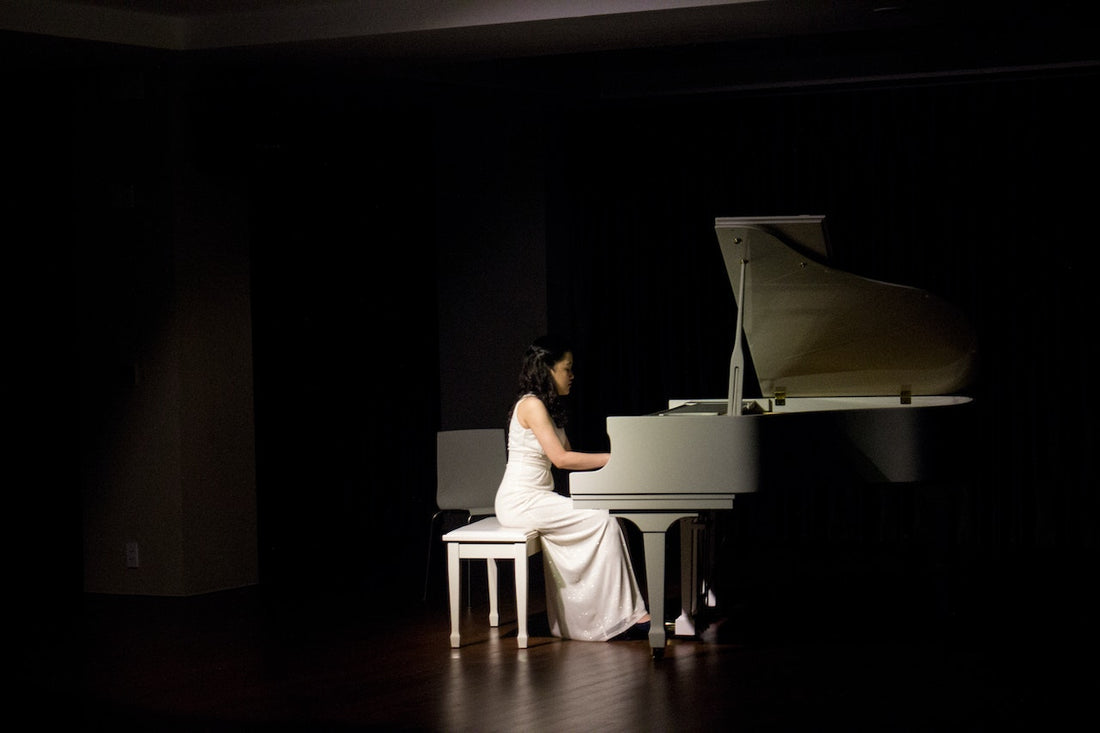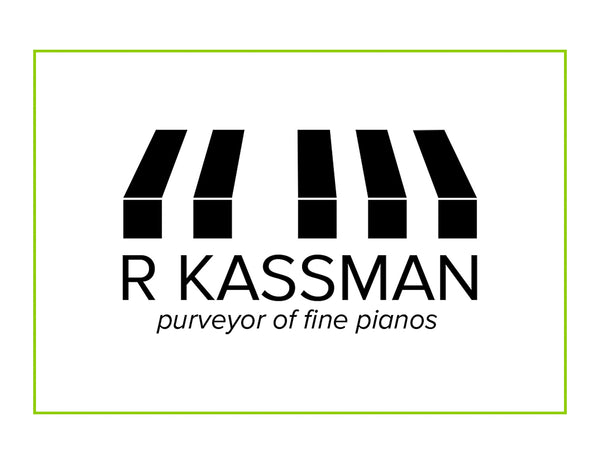
Piano Care Mastery: 3 Tips for Preserving Your European Piano's Legacy
The rich tones, expressive touch, and immaculate craftsmanship of a European piano have the power to elevate and transform your musical experience like no other instrument. Investing in a European piano is a significant but rewarding milestone, as it not only enriches your artistic journey but also serves as a timeless testament to your passion for music. To ensure your European piano can be passed down through generations, regular care and maintenance are of utmost importance. By implementing proper practices and attention, you can preserve the instrument's exceptional performance capabilities and magnificent appearance.
In this blog post, we reveal the essential care and maintenance practices necessary for protecting your European piano's legacy and upholding its brilliance throughout its lifetime. From tuning to cleaning, humidity control, and positioning, we cover every aspect of piano upkeep to guide you in nurturing your instrument and maximizing its potential. As the proud owner of a European piano, you shoulder a portion of the responsibility for preserving these exquisite instruments and their storied history, and we are here to empower you with the knowledge and guidance you need to fulfill that role with confidence.
Join us as we delve into the art of European piano care, ensuring that your instrument remains an awe-inspiring symbol of your dedication to the pursuit of musical mastery. Together, let us undertake the journey of safeguarding our cherished European pianos, preserving their impeccable performance and timeless elegance for future generations to come.
Through the Tuner's Ear: Ensuring Optimal Performance
The value of regular tuning is immeasurable when it comes to preserving your European piano's exceptional performance capabilities. A piano's strings are under immense tension, which can cause them to stretch and lose pitch over time. Most manufacturers recommend tuning your piano at least twice a year or more frequently if it receives heavy use.
Professional tuners possess the skills and experience to carefully adjust the strings' tension, ensuring that your piano remains well-balanced and able to produce its characteristic rich and expressive tones. Though it may be tempting to try tuning your instrument yourself, it is crucial to leave this delicate task to trained professionals to prevent damage to your piano's delicate mechanisms.
If it helps, you can consult PTG.ORG which has technicians from across the country that are trained professionals that can help you with tuning and repairs.
The Art of Cleaning — Protecting Your Piano's Aesthetics
In addition to performance, cleaning is vital in preserving the beauty of your European piano. Dust, dirt, and fingerprints accumulate over time, which can detract from the instrument's timeless elegance and potentially have adverse effects on its components.
Begin by using a soft, dry cloth to carefully remove dust from the piano's surface, paying special attention to the keys. Use a separate cloth to clean the pianos' casework and avoid using harsh chemicals or abrasive cleaners that can damage the finish. You may ask your technician or tuner to clean the piano's strings periodically by gently wiping them down with a cloth. Never use any type of string cleaner or solution of any kind.
Remember that it's important to always wash your hands before playing the piano and avoid placing objects, such as drinks, on your instrument.
Humidity Control: Protecting the Heart of Your Piano
Environmental factors like humidity can have a significant impact on your piano's performance and longevity. Fluctuations in humidity can lead to wood warping, string corrosion, or weakened glue joints. To prevent damage, it is crucial to maintain stable humidity levels within your piano’s environment with the help of an air conditioner, dehumidifier, or humidifier, depending on the prevailing conditions.
Investing in a house humidification system or a localized system specifically designed for pianos helps prolong the life of your European piano and ensure its extraordinary tonal qualities remain unaltered. Monitor humidity levels regularly using an accurate hygrometer, and take corrective action when required.
We use Campp Chaser almost exclusively.
Positioning Your Piano: Finding the Perfect Spot
Lastly, where you position your European piano in your home or studio has a substantial impact on its performance capabilities and longevity. When selecting the optimal spot, these guidelines can help preserve your piano's state:
- Keep your piano away from direct sunlight: Exposure to sunlight can lead to discoloration, damage to the finish, and can cause temperature fluctuations affecting the instrument's internal mechanisms.
- Maintain a safe distance from heating and cooling vents: Changes in temperature due to close proximity to vents can negatively impact tone, tuning, and internal components.
- Avoid exterior walls: Placing your piano against an exterior wall can expose it to fluctuating temperatures and shifting humidity levels.
By carefully selecting your piano’s location, you are actively safeguarding and prolonging its incredible performance and aesthetic qualities.
Conclusion:
Proper care and maintenance are vital in preserving the legacy of your European piano. By following these guidelines, you ensure that your piano will continue to inspire and delight future generations, serving as a symbol of your passion for music. Buy your very own fine European piano from R. Kassman and embrace the responsibility of piano stewardship.
